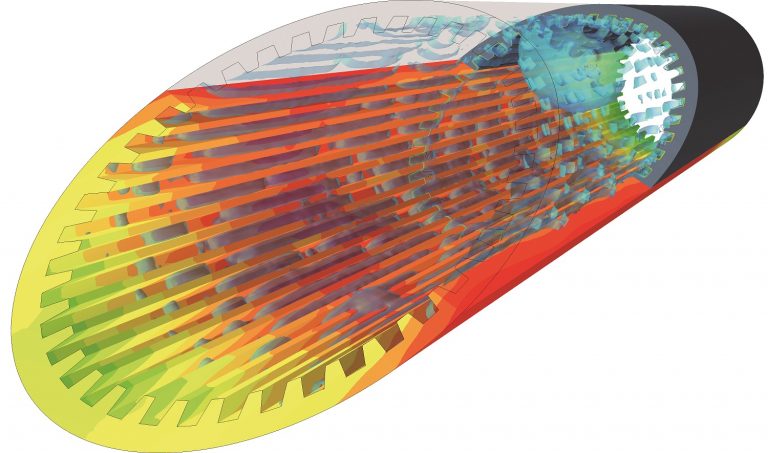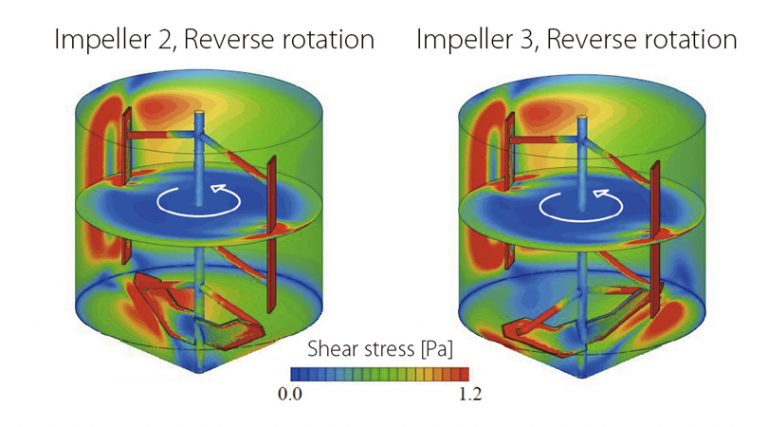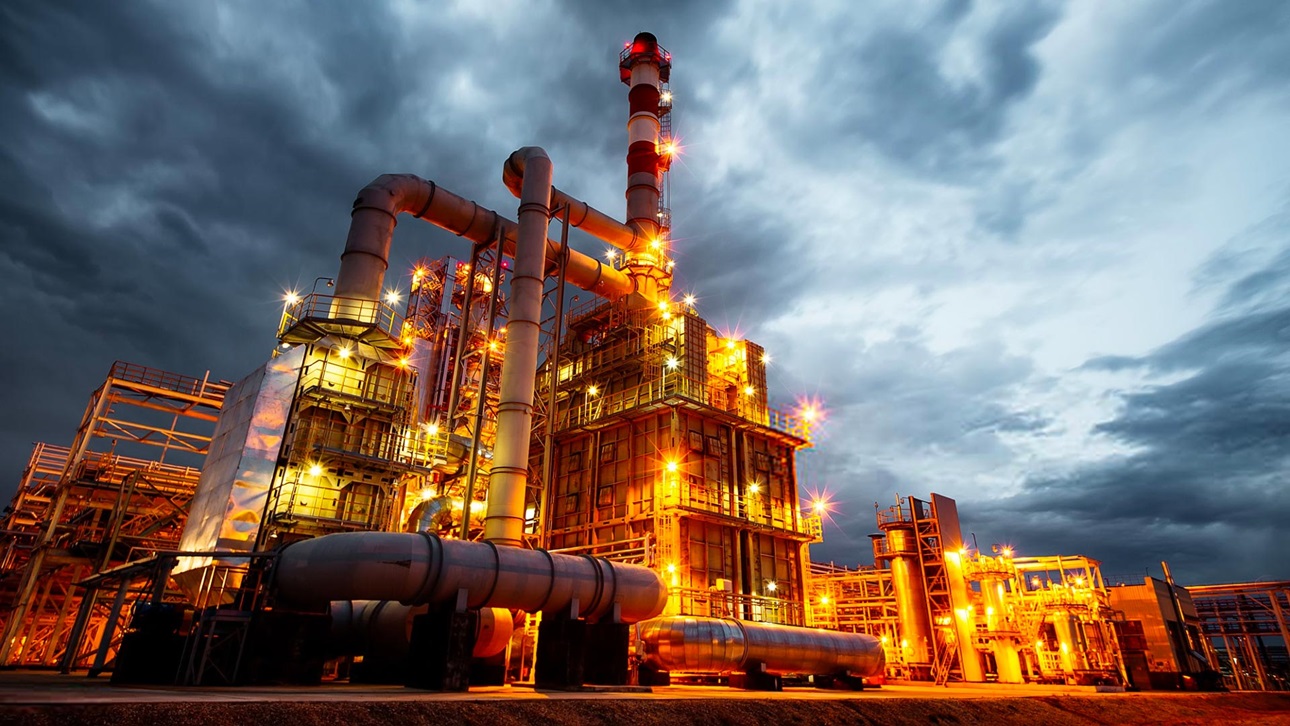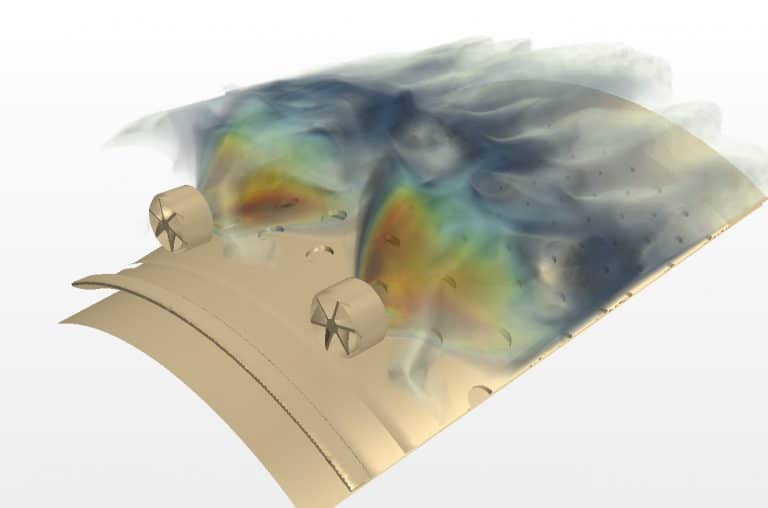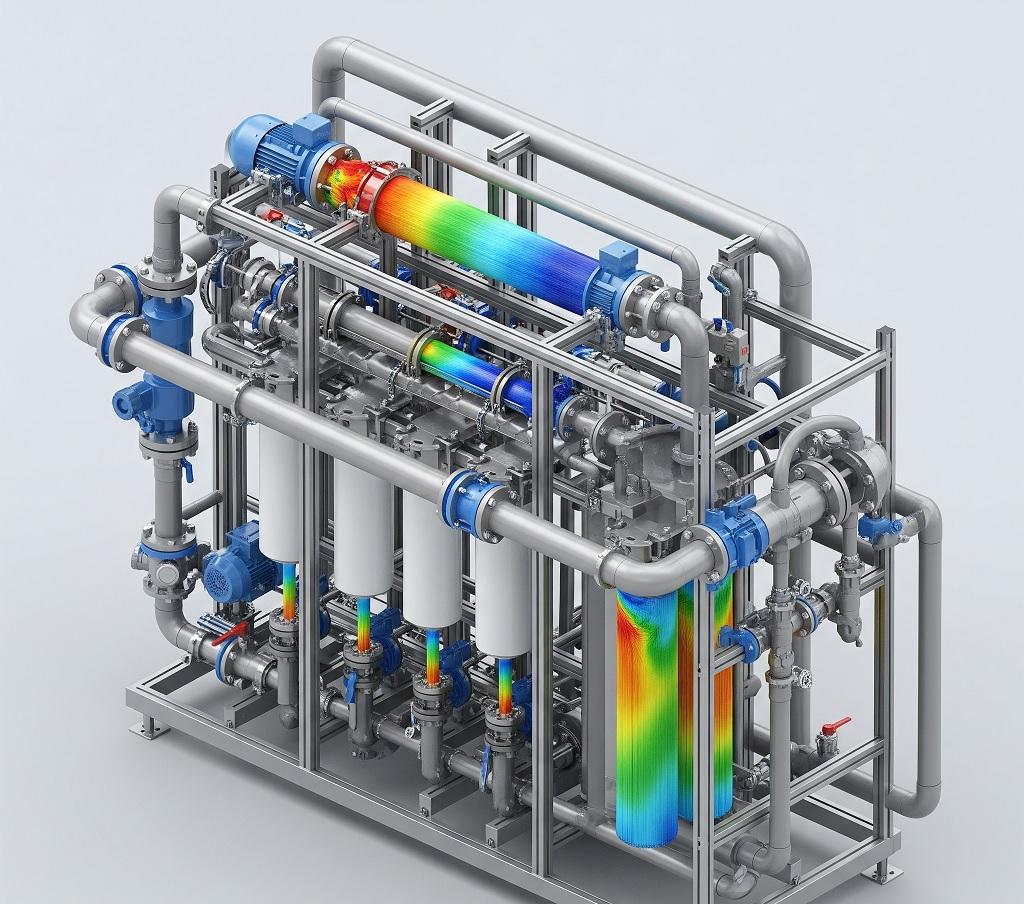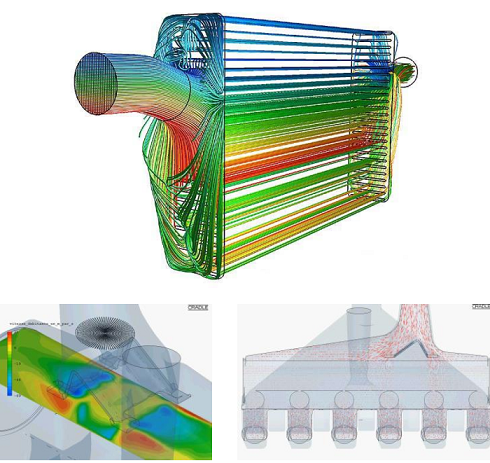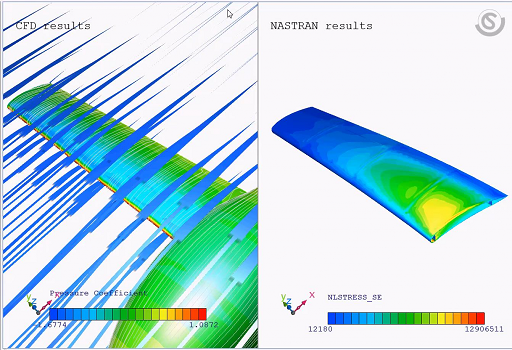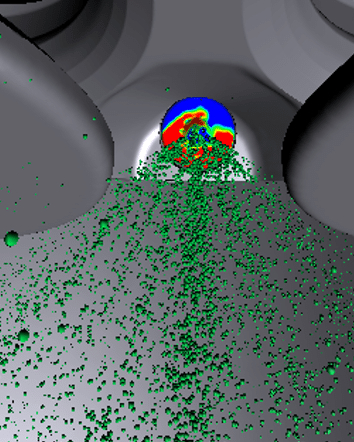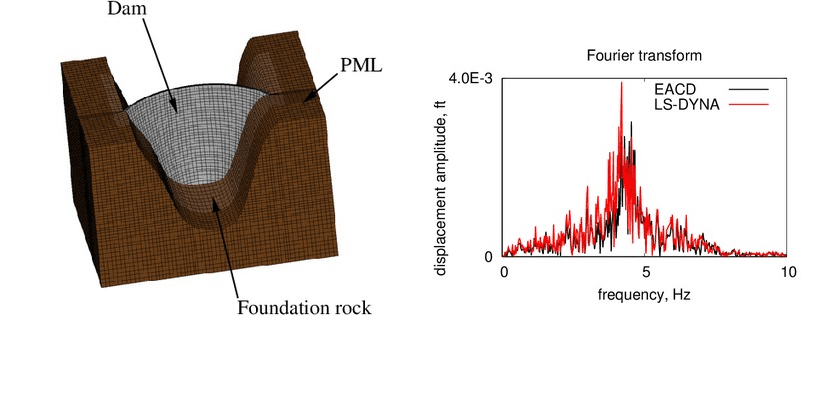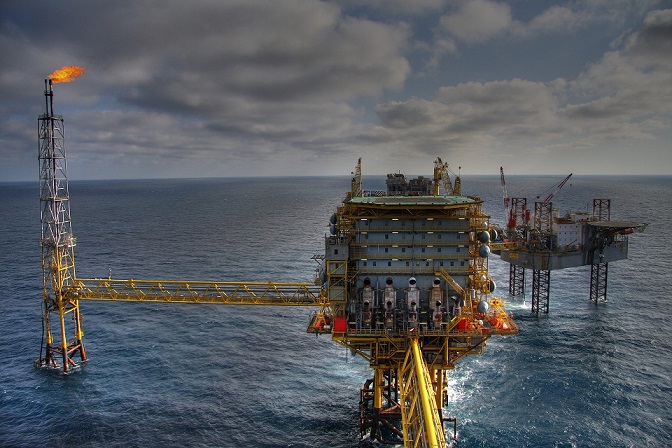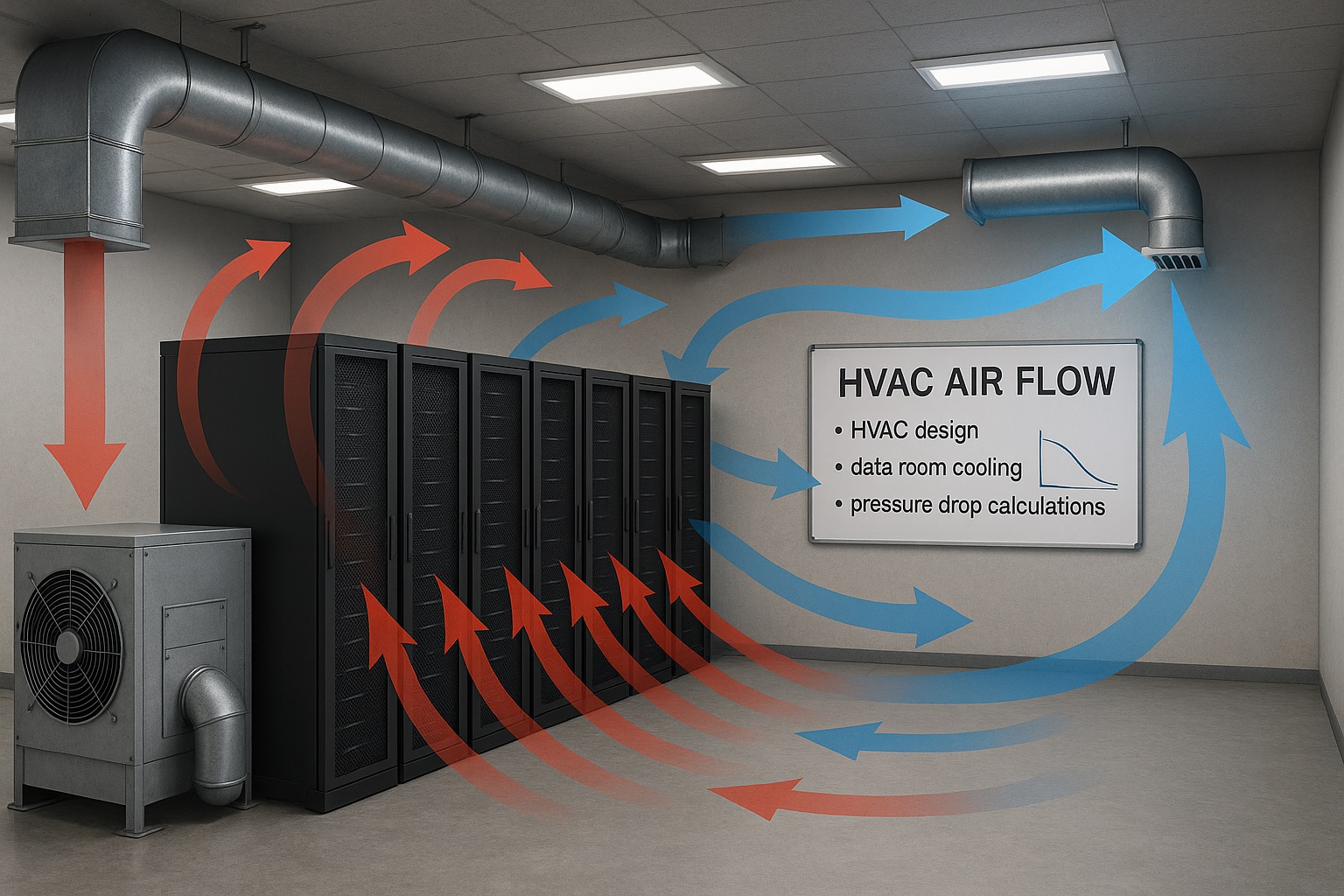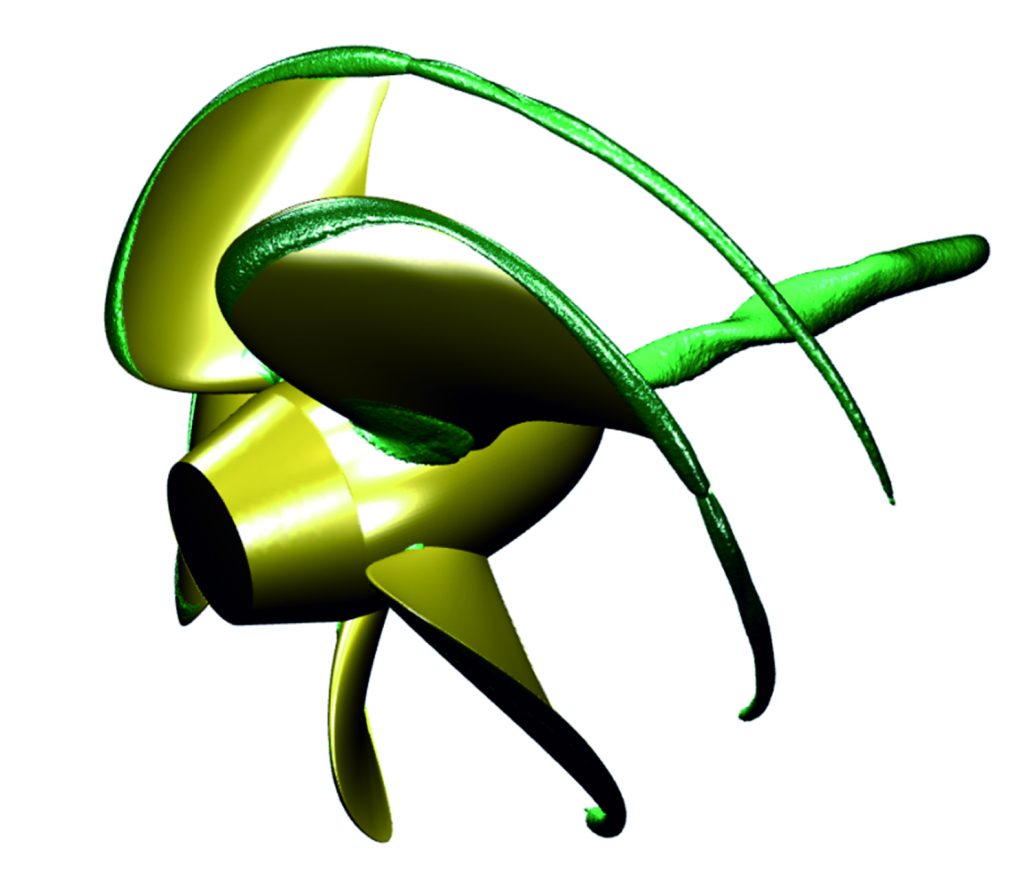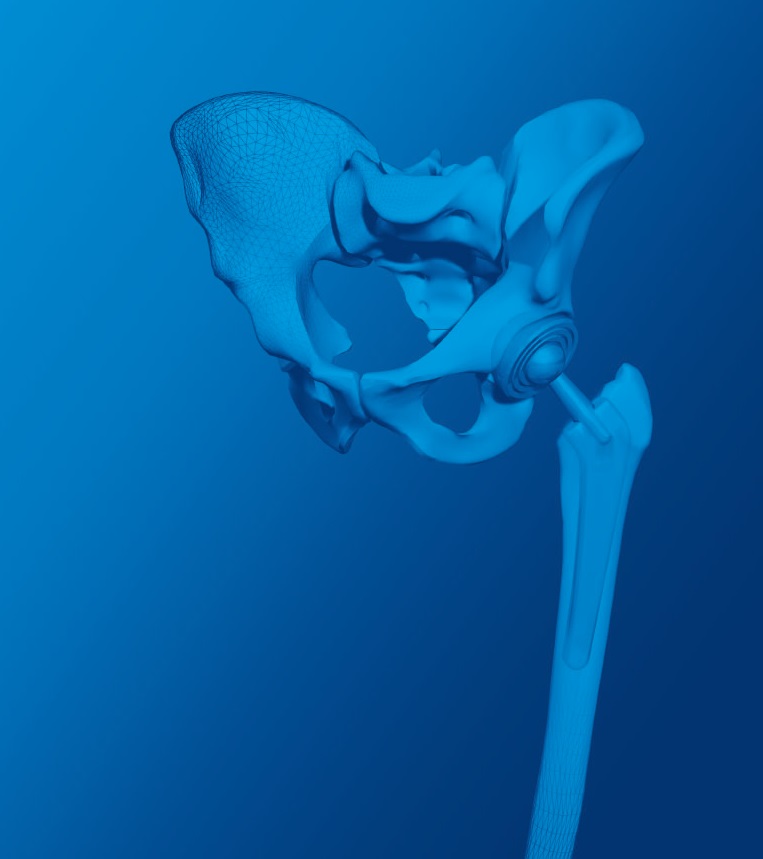Mixing is a crucial step in many chemical processes, and reactor design is a key factor in ensuring that mixing is efficient and effective. A well-designed reactor can help optimize mixing conditions and ensure that reactions proceed smoothly, while a poorly designed reactor can lead to inefficiencies, low yields, and other problems.
There are several factors that go into designing a reactor for optimal mixing. These include the physical properties of the materials being mixed, the desired reaction conditions, and the type of mixing system being used.
One important consideration is the choice of mixing system. There are many different types of mixing systems available, including mechanical agitators, static mixers, and jet mixers, each with its own advantages and disadvantages. The choice of mixing system will depend on the specific requirements of the process, as well as factors such as energy consumption, maintenance requirements, and cost.
Other important factors in reactor design include the size and shape of the reactor vessel, the location and type of impeller, and the speed and direction of impeller rotation. These factors can all affect the degree of mixing achieved, as well as the energy required to achieve that mixing.
